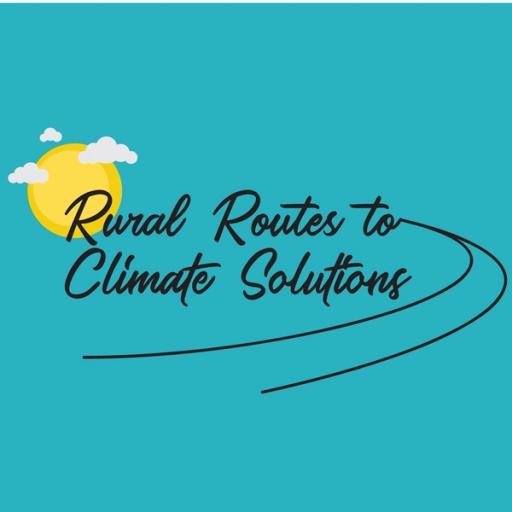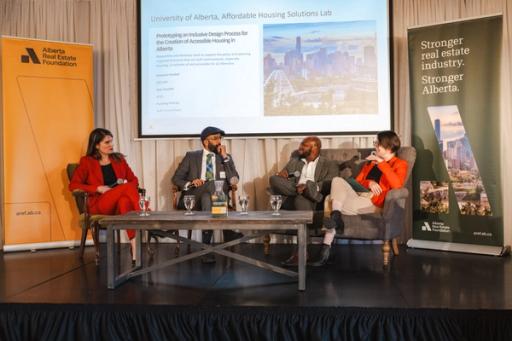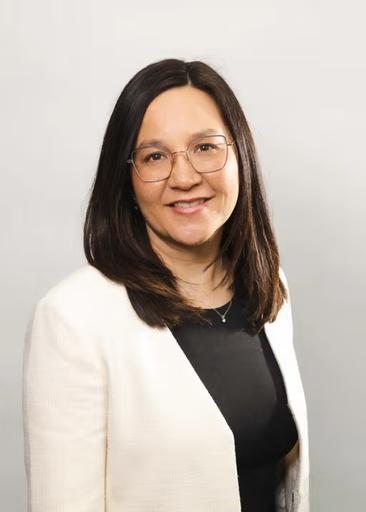October 30, 2019
Farmer’s Podcast out of Rural Alberta Gives a Voice to Agricultural and Climate Issues.

It is hard to imagine Rural Routes to Climate Solutions (RRCS) without the podcast. With the podcast, we’ve taken conversations that would normally take place between agricultural producers over coffee and given them some structure, permanence, and a wider audience. Discussing land management and environmental stewardship issues is not new to agriculture, but how often are those conversations captured, especially in Alberta? How often can a producer revisit that conversation again and again? That is the beauty of the podcast: with its conversational tone and ‘talking from the front porch’ vibe, it acts as a storage house for those conversations on land management and stewardship. Unlike the coffee shop conversation though, the podcast is a resource that can be revisited at any time and shared with producers anywhere in the province (from the feedback we’ve received from listeners, our reach goes as far as the Maritimes).
The people doing the talking about land and environmental issues are distinctly different than the ones you’d have involved in a coffee shop conversation in rural Alberta. It is a question of access. We have featured some of Alberta’s rising stars in sustainable agriculture like Daniel Chappell and Jerremie Clyde of Little Loaves Farm in Sundre, and we have also been able to bring in heavy hitters like California-based writer, lawyer and rancher Nicolette Hahn Niman and Alberta Innovates economist Marian Weber. These ‘heavy hitters’—experts from academia or industry—are individuals that producers don’t have easy access to, but are individuals with knowledge that helps producers land management and environmental stewardship practices. An one-hour podcast episode with a Niman or a Weber, hand crafted by us to highlight the parts of their presentations relevant to producers, gives producers access to these experts and their knowledge unlike anything you can find right now.
It is this lens, this highlighting the parts relevant to producers, that is one of the keys to our success. The overall Rural Routes to Climate Solutions project is led by the idea that farm solutions are climate solutions as well. In fact, at the end of every podcast episode our host reminds our listeners “what is good for farm is usually good for the climate.” Our approach with a contentious, and at times depressing, issue like climate change is to talk about all the good, useful, and practical outcomes of implementing climate solutions in agriculture. We are dealing with a community of ‘doers’ in agricultural producers. By giving them a tool and explaining how to use it via our podcast, it gives our episodes extra appeal. We hear it time and time again from producers that follow our project closely that they like the fact we are talking about what can be done and not dwelling on the problem alone.
Catch up on all the episodes of Rural Routes to Climate Solutions’ podcast here.
Topic
Similar News


